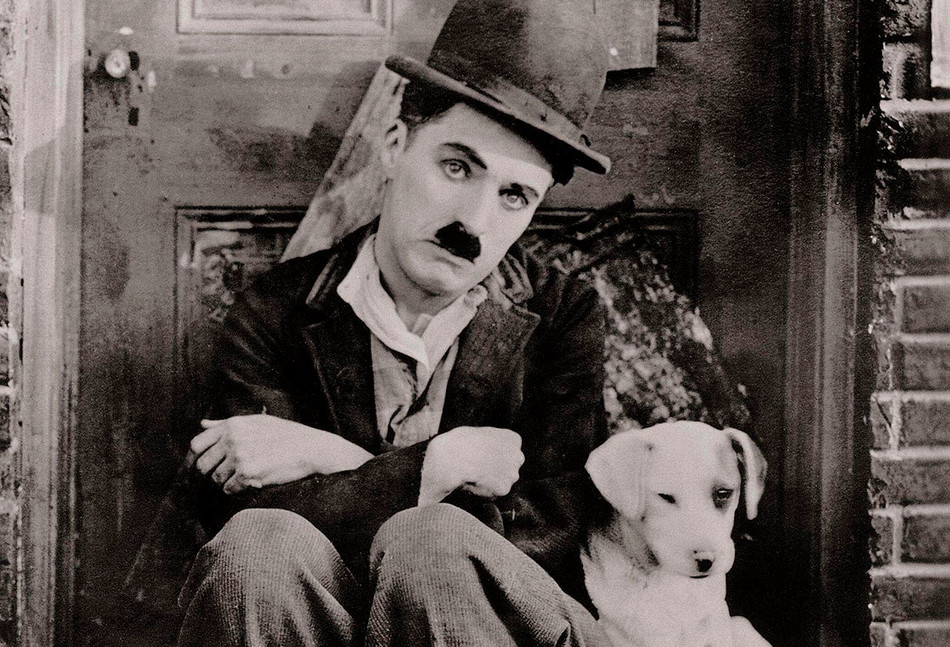Think of the last time you passed by a panhandler. Now ask yourself: did the person’s appearance influence whether you gave them money?
Many of us might believe that we give the most readily to people who appear to be in the greatest need, but new research by Quinton Delgadillo, a PhD candidate at Columbia Business School, suggests we’re fooling ourselves. In a field experiment designed to reveal Americans’ true attitudes toward the poor, Delgadillo and colleagues from Yale and the City University of New York sent a member of their research team into the streets of New York City and Chicago to ask for handouts. On some occasions he wore shabby clothes and at other times a suit and tie. The results were striking: the man collected more than twice as much money when he was dressed sharply. (The proceeds were donated to charity.) In a follow-up study to ascertain why this was so, the researchers learned that people consistently perceived the panhandler to be less trustworthy, competent, kind, and similar to themselves when he was sloppily dressed.
Delgadillo and his colleagues were unsurprised by the results. Writing in the journal Frontiers in Psychology, they point out that it is common across cultures to attribute negative qualities to impoverished people and to view those on the lowest rungs of society as being to blame for their plight. Their work may have broader implications for how we address problems like hunger and homelessness. Given the deeply ingrained biases that many people harbor against the poorest among us, they say, relief efforts that rely on voluntary acts of kindness may be bound to fall short. “While charity and philanthropy are obviously important, our research suggests the need for robust government-run antipoverty programs,” says Delgadillo.



